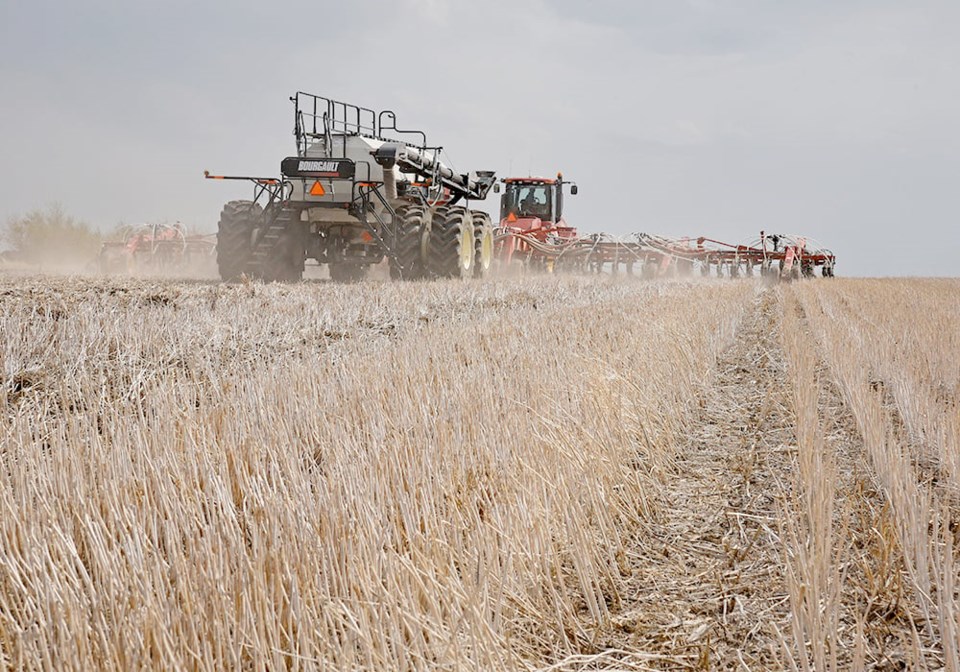The federal government has released a discussion document for the development of a sustainable agriculture strategy. Wading through all the buzzwords and motherhood statements is rather tedious, but the document does provide some insight into government thinking and how future programs are likely to unfold.
Let’s start with some positives, some praiseworthy statements amidst all the verbiage. Gene editing is mentioned a couple times as part of the science necessary to help agriculture adapt to a changing climate. Hopefully, Canada will stop its foot dragging and recognize gene editing as just another plant breeding tool that doesn’t need a lot of regulation.
The document credits prairie farmers with switching to conservation seeding techniques and reducing summerfallow, saying this has been a positive trend in soil health with carbon sequestered in the soil. In contrast, the document says soil carbon levels are generally decreasing in regions of Canada east of Manitoba.
The 2022 National Inventory on greenhouse gas emissions is quoted. Total agricultural emissions from within the boundaries of a farm account for about 10 percent of Canada’s total emissions. Agriculture emissions have stayed relatively stable since 2005, while the sector’s contribution to gross domestic product has increased over the same time period.
Those are some of the welcome statements in the document. Unfortunately, there’s also lots of muddled thinking. For one thing, sustainability is considered “a key factor in maintaining the competitiveness of Canada’s agriculture sector in a global context.” The premise is that other countries are placing larger emphasis on agri-environmental priorities and this is giving them a competitive advantage.
However, the list of countries with environment and climate action targets shows mainly European nations where drastic cuts to fertilizer and pesticide use are planned along with a big increase in organic farming. We don’t compete with Europe on many agricultural commodities and the way their agriculture sector is heading, they will be less and less of a factor in export markets.
“Consumers around the globe increasingly demand that their food is produced sustainably,” claims the document. If that’s true, the sustainability metrics are poorly defined. Quality and price remain the top competitive factors and that will be slow to change.
As you read the document, it seems that setting targets is of the utmost importance even when it isn’t clear what we’re measuring or how.
“Canada currently has only one environmental target that is specific to the agriculture sector,” bemoans the paper, “to reduce emissions from synthetic fertilizers by 30 percent from 2020 levels by 2030.”
Other than more targets, what are the management practices likely to be encouraged?
The bureaucrats that wrote the paper really seem to love cover crops, but never mention the lack of information on where and how they can be successfully incorporated and whether they actually result in much carbon sequestration.
Planting trees on agricultural land, for example in shelterbelts and next to waterways, ticks a number of sustainability boxes, but you have to wonder about the practicality of doing this on a significant scale.
Converting cropland, particularly marginal land, to pasture or permanent cover makes this list. There’s no mention of the poor economics of cow-calf production causing land conversion the other direction.
Precision agriculture receives a passing mention, as does using fertilizers with nitrification and urease inhibitors.
The discussion document marks the start of what is supposed to be a major consultation effort. Now it’s up to farmers and their organizations to propose policies that make sense.
Kevin Hursh is an agricultural journalist, consultant and farmer. He can be reached by e-mail at [email protected].




